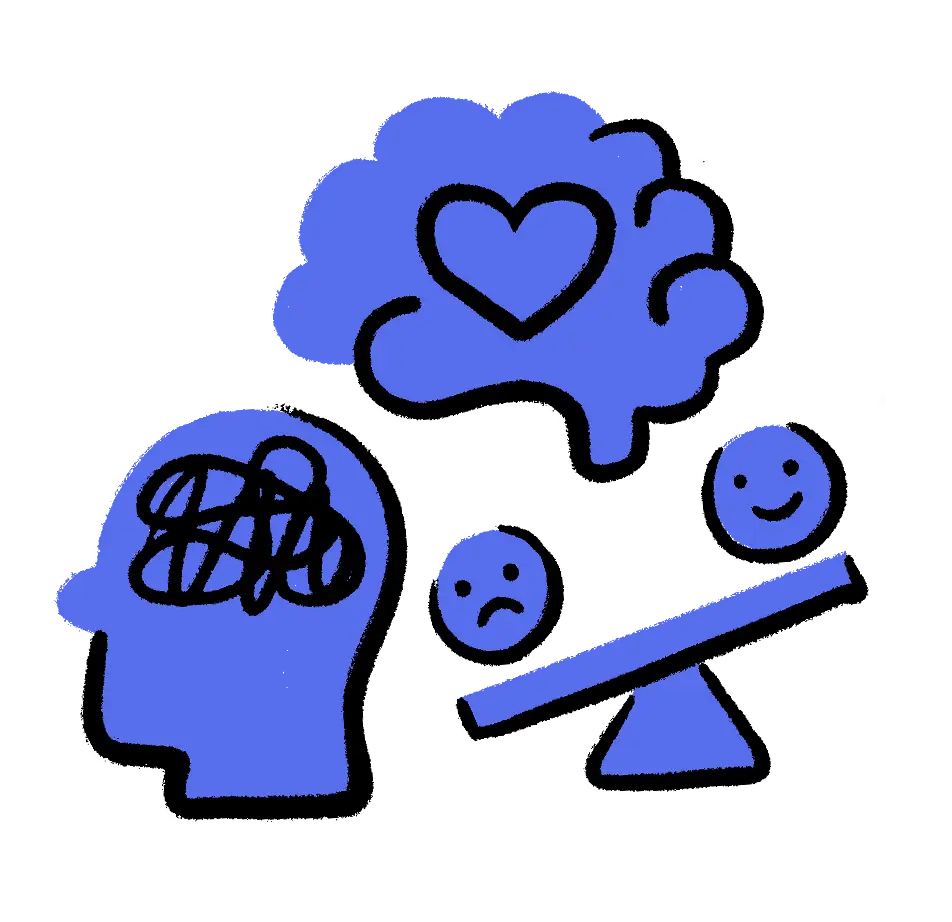A summary of the 3 Domains of Social Engagement, Social Defence and Executive Functioning used within Motional.
Motional measures different emotional systems in the Brain (CARE, SEEKING, PLAY, FEAR, RAGE, PANIC/GRIEF based on Professor Jaak Panksepp’s work) and several key executive functioning areas (Emotional Regulation, Thinking & Concentration, Sense of Self, Relationship with Others, and Emotional Literacy) to give a whole brain picture of a child’s emotional and mental wellbeing.
In Motional, we call each system or skill area a Subdomain and group these together into the Domains: Social Engagement, Social Defence (which can act as blocks to learning), and Executive Functioning.

The Social Engagement Domain includes the Subdomains of CARE, SEEKING and PLAY:
CARE measures the child’s capacity for compassion toward self and others and pro-social skills in general.
SEEKING measures the child’s energised engagement in life and learning, level of enthusiasm, curiosity, and desire to seek knowledge.
PLAY measures the child’s capacity to play with ideas (creativity) and to be playful in relationships, meeting others in joy as appropriate.

The Social Defence Domain (which, when overactive, are blocks to quality of life and, in particular, blocks to learning) includes the Subdomains of RAGE, FEAR and PANIC/GRIEF:
RAGE (when overactive ‘seen’ as problems with anger which block learning)
FEAR (when overactive ‘seen’ as problems with anxiety which block learning)
PANIC/GRIEF (when overactive ‘seen’ as problems with depression or experience of traumatic loss which block learning) This system is sometimes referred to as the Loss or Sadness system.

The Executive Functioning Domain includes a set of cognitive processes activated in the pre-frontal cortex that help us function and interact effectively.
It involves a broad evidence base comprising Executive Functions and Theory of Mind.
Executive Functions refer to a set of mental processes that help us manage, control, and perform various tasks. These functions are essential for initiating, organising, planning, and prioritising tasks, controlling our impulses and maintaining self-control. Theory of Mind is the cognitive ability to understand your own mental states and emotions and infer the mental states, emotions, desires, and intentions of others. It allows us to predict and interpret the behaviour of others and recognise that individuals can have beliefs, thoughts, and feelings that differ from our own. In essence, Theory of Mind enables us to understand that others have their own thoughts and emotions, which may not always match our own.
In Motional, Executive Functioning is measured across five Subdomains:
- Emotional Regulation
- Thinking and Concentration
- Sense of Self
- Relationship with others
- Emotional Literacy
They are crucial to learning and to being able to handle everyday life and stresses well. The combination of scores across Subdomains and Domains influences how bespoke Programs of activity, advice and guidance are created.